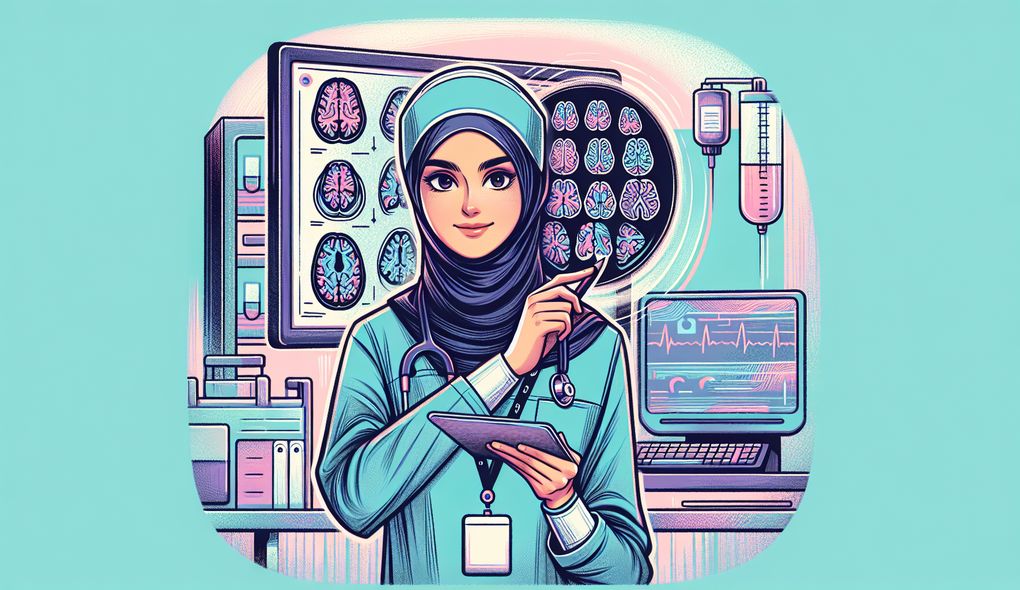How do you ensure that your records of patient care, condition, and consultations are accurate and up-to-date?
JUNIOR LEVEL

Sample answer to the question:
To ensure that my records of patient care, condition, and consultations are accurate and up-to-date, I prioritize effective communication and attention to detail. I document all patient interactions, including assessments, treatments, and changes in condition, ensuring that the records are thorough and organized. I am meticulous in updating patient charts promptly, entering important information such as vital signs, medications, and test results. Additionally, I collaborate closely with the healthcare team to ensure that all pertinent information is communicated and documented accurately. By regularly reviewing and verifying the information in the patient records, I can ensure their accuracy and make any necessary updates.
Here is a more solid answer:
Accurate and up-to-date records of patient care, condition, and consultations are critical in neurology nursing. To ensure their accuracy, I prioritize effective communication and attention to detail. For instance, during patient assessments, I thoroughly document their neurologic examination findings, such as coordination, reflexes, and sensory perception. I also record vital signs, medication administration, and any changes in the patient's condition. To maintain precision, I rely on my strong attention to detail to capture all relevant information. Additionally, I collaborate closely with the healthcare team, regularly communicating and confirming important details, such as treatment plans and test results. By regularly reviewing and verifying the information in the patient records, I ensure their accuracy and make any necessary updates promptly. This meticulous approach to record-keeping is crucial in providing comprehensive and coordinated care to patients with neurological disorders.
Why is this a more solid answer?
The solid answer provides specific examples and demonstrates a deeper understanding of the importance of accurate record-keeping in neurology nursing. It also addresses the collaboration with the healthcare team, which is essential in ensuring the accuracy and comprehensiveness of the records. However, it could further emphasize the importance of accurate record-keeping in enhancing patient safety and continuity of care.
An example of a exceptional answer:
In neurology nursing, accurate and up-to-date records of patient care, condition, and consultations are the backbone of quality care. To achieve this, I follow a systematic approach. First and foremost, I prioritize effective communication with the patient, ensuring that I thoroughly understand their condition, symptoms, and concerns. During assessments, I pay meticulous attention to detail, documenting neurological findings using standardized scales and assessment tools. For instance, in stroke patients, I assess their motor function using the National Institutes of Health Stroke Scale (NIHSS). Additionally, I document any changes in the patient's condition promptly, such as alterations in level of consciousness or neurological deficits. To ensure the accuracy of the records, I regularly collaborate with the healthcare team, attending multidisciplinary rounds and case conferences. This facilitates a comprehensive understanding of the patient's needs and promotes accurate record-keeping. I also rely on technology, utilizing electronic health records (EHR) to maintain organized and easily accessible records. Furthermore, I actively engage in ongoing education, staying updated with the latest advances in neurology nursing and documentation practices. By embracing these strategies, I guarantee that my records are accurate, up-to-date, and serve as a reliable resource for delivering safe and high-quality care to patients with neurological disorders.
Why is this an exceptional answer?
The exceptional answer demonstrates a comprehensive understanding of the importance of accurate record-keeping in neurology nursing. It provides specific examples of using standardized scales and assessment tools to document neurological findings and highlights the role of collaboration with the healthcare team and the use of technology. Additionally, it emphasizes the importance of ongoing education in staying updated with the latest advances in neurology nursing and documentation practices. The exceptional answer goes beyond the basic and solid answers by showcasing a higher level of expertise and commitment to patient care.
How to prepare for this question:
- Familiarize yourself with different neurological assessment tools and scales used in neurology nursing, such as the NIHSS.
- Develop strong attention to detail by practicing thorough documentation in your current practice.
- Highlight your experience in collaborating with healthcare teams and attending multidisciplinary rounds or case conferences.
- Demonstrate your familiarity with electronic health records (EHR) systems and their role in maintaining accurate and up-to-date patient records.
- Stay updated with the latest advances in neurology nursing and best practices in documentation through continuous education and professional development.
What are interviewers evaluating with this question?
- Effective Communication
- Attention to Detail

